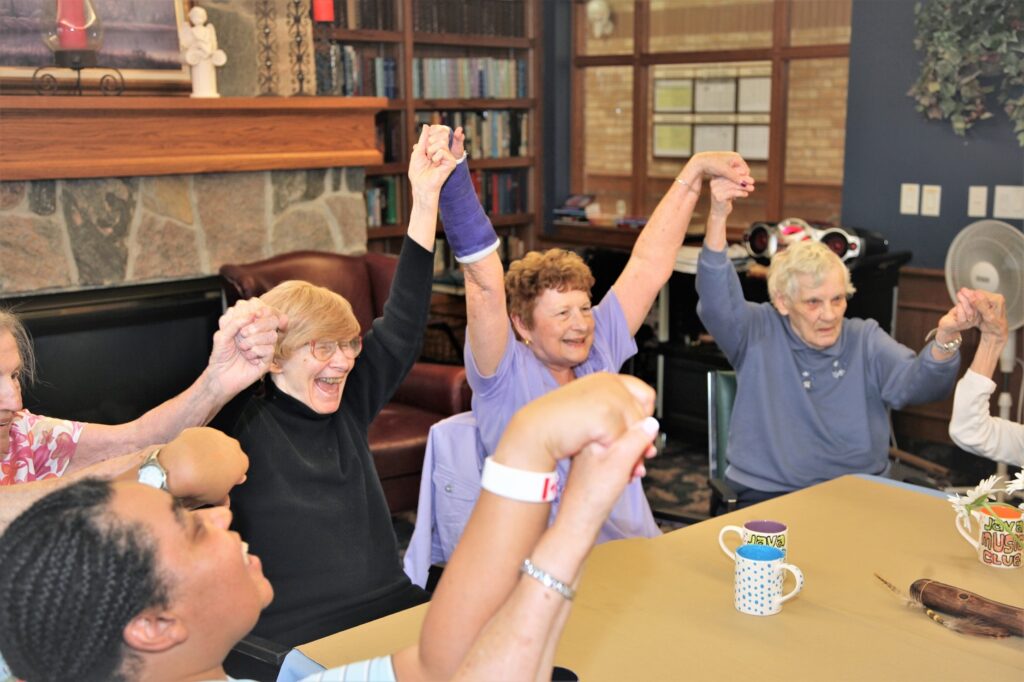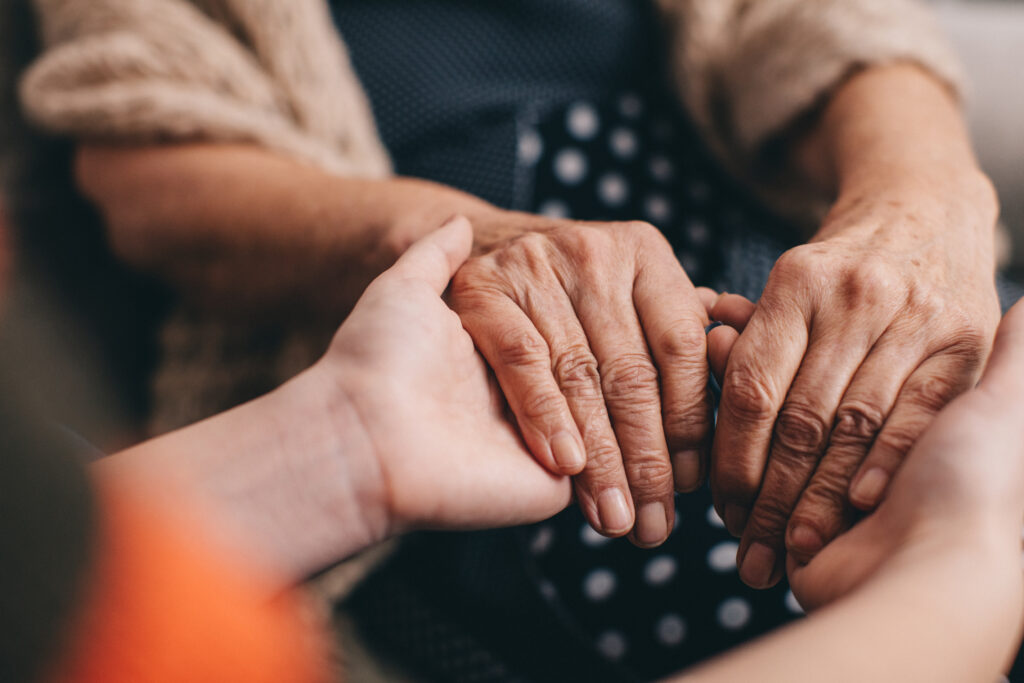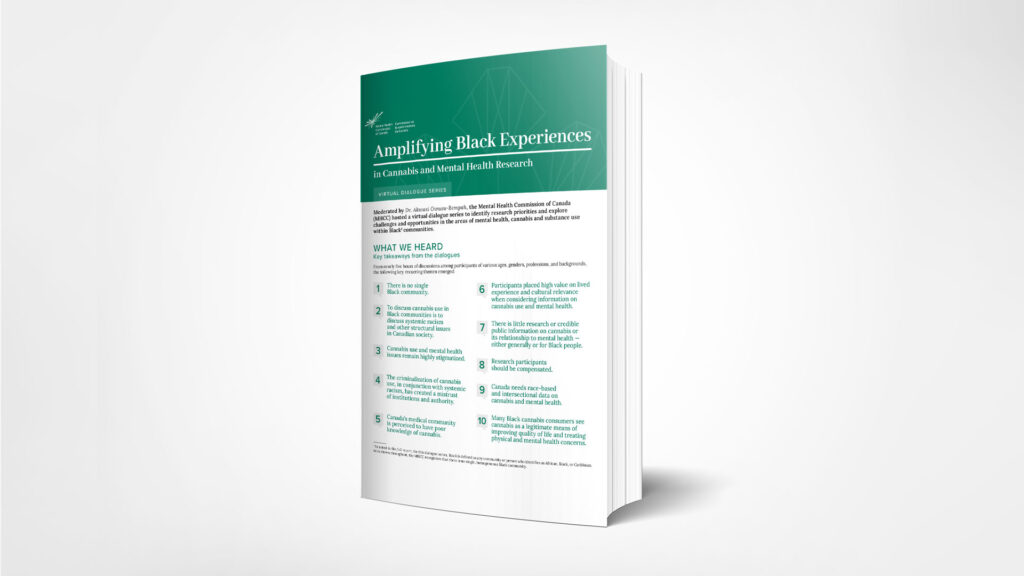
Chew on This: The comfort food complex needs a rethink.
They’re called comfort foods for a reason: sugar, salt, and carbs give us a quick boost of flavour and familiarity. Making the case for comforting foods that nourish our mind and body.
If you are in distress, you can call or text 988 at any time. If it is an emergency, call 9-1-1 or go to your local emergency department.

They’re called comfort foods for a reason: sugar, salt, and carbs give us a quick boost of flavour and familiarity. Making the case for comforting foods that nourish our mind and body.

Evidence that strong interpersonal connections are essential to our mental and physical health is growing. And these ties may be more important as we age, particularly among older adults living in retirement residences and long-term care homes. According to Dr. Kristine Theurer, who’s been a researcher in the long-term care sector for more than two decades, “We all yearn to connect with others, and for many people, moving into a residence means seeing friends and family less frequently. So it’s crucial for them to make new connections.”
From anxiety and depression to pandemic-related stress, COVID-19 has intensified the mental health needs of people across Canada. While research and policy typically focus on

This resource was published in 2022. The data may be out of date. Mental health problems in Canada are both common and costly (and

Caregiver Resources Don’t know where to start? Below are some resources from across Canada that may help families and family caregivers of loved ones living

Research conducted by Mental Health Commission of Canada (MHCC) staff into early childhood mental health has helped inspire a new, multi-million dollar funding initiative by the Canadian Institutes of Health Research (CIHR). This spring, CIHR’s Institute of Human Development, Child and Youth Health (IHDCYH) expects to issue a call for proposals devoted to early childhood mental health.

Winter blues are more common than you might think. Seasonal affective disorder (SAD) is a form of depression that people in northern climates usually experience during the fall and winter months, when there’s less sunlight.

Purpose This policy brief provides an overview of the developing issues and unique mental health and substance use challenges that COVID-19 poses for rural and

This resource was published in 2022. The data may be out of date. Moderated by Dr. Akwasi Owusu-Bempah, the Mental Health Commission of Canada (MHCC)
You can’t learn anything from a pop up.
But you can learn lots from our digital magazine, the experts, and those who have lived experience. Get tips and insights delivered to your inbox every month for free!
Subscribe to The Catalyst